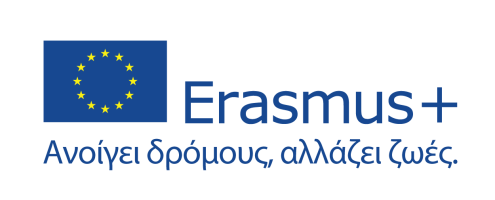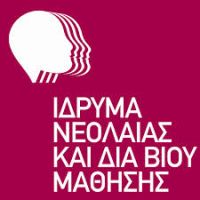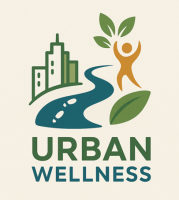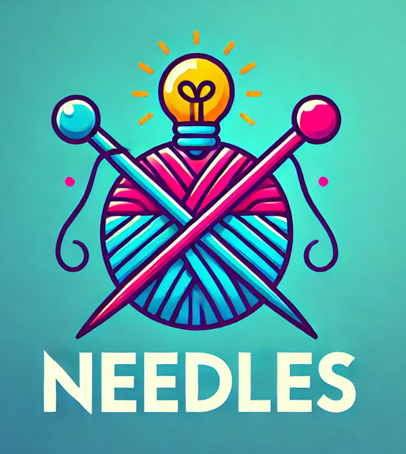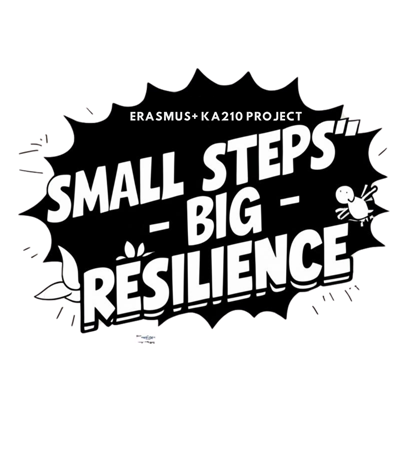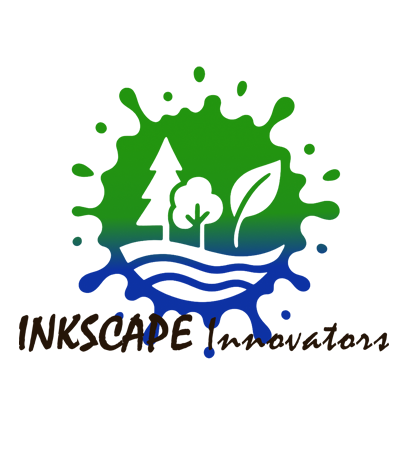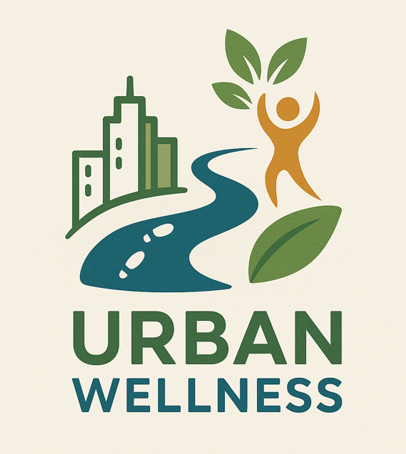Project Code: 2024-3-EL02-KA210-YOU-000294632
Urban Wellness: Mapping Pathways to Emotional and Entrepreneurial Resilience through Psychogeography (KA210-YOU-EB023425) was born from the shared vision of four committed organizations—Growthnest (GR), ComMedi (GR), Izmir Governorship (TR), and Società Cooperativa (IT)—to explore how innovative, creative methodologies can enhance youth mental well-being, foster civic engagement, and promote social inclusion. At the heart of the project lies the belief that in today’s fast-changing and often alienating urban environments, young people—particularly those from marginalized backgrounds—need new tools to reclaim a sense of agency, belonging, and resilience. Urban Wellness introduces psychogeography as both a reflective and action-oriented practice to reconnect youth with the urban landscapes they inhabit, reimagine the role of public space, and encourage active citizenship.
Psychogeography invites participants to engage in dérives—unplanned walks through city spaces—documenting how built environments influence their emotions and behaviors. Through these creative and emotional mappings, the project enables youth to identify places of connection, disconnection, safety, or stress. These responses are not only captured in personal or artistic forms (maps, sketches, photography, journaling), but also translated into community-driven initiatives, empowering young people to redesign how they relate to their cities. The project recognizes that public space is not neutral; it can exclude or include, empower or marginalize. Therefore, reclaiming urban space through youth-led creativity becomes a form of activism—and healing.
From the very beginning, all partners identified a rising need to develop innovative, non-clinical methods for promoting mental well-being, especially those that can be applied in non-formal educational settings. Psychogeography stood out as an inclusive, creative, and low-barrier tool for building emotional literacy and resilience. At the same time, the project addresses a complementary need: many young people, especially NEETs, migrants, LGBTQ+ individuals, and economically disadvantaged youth, feel excluded from civic participation and lack the confidence or resources to initiate change in their communities. Urban Wellness meets these challenges by pairing psychogeographical practice with entrepreneurial education, helping youth transform insights from urban exploration into real projects—ranging from pop-up exhibitions and public art installations to small-scale social enterprises.
The project also responds to the growing demand for urban spaces that reflect the emotional needs of their communities, especially after the isolation experienced during the COVID-19 pandemic. By involving not only youth, but also youth workers, mental health professionals, urban planners, and policymakers, Urban Wellness fosters a broad dialogue about what it means to feel well in a city—and how design, policy, and citizen action can promote that well-being.
In essence, Urban Wellness is about more than exploring the city; it is about activating it. Through a series of transnational workshops, local implementations, and final showcases, the project aims to strengthen youth agency, spark intercultural dialogue, and offer new models for using art and emotion to engage with space. Young people will emerge not only as mappers of their emotions, but also as designers of inclusive futures—restoring the public space as a common ground for connection, care, and transformation.
